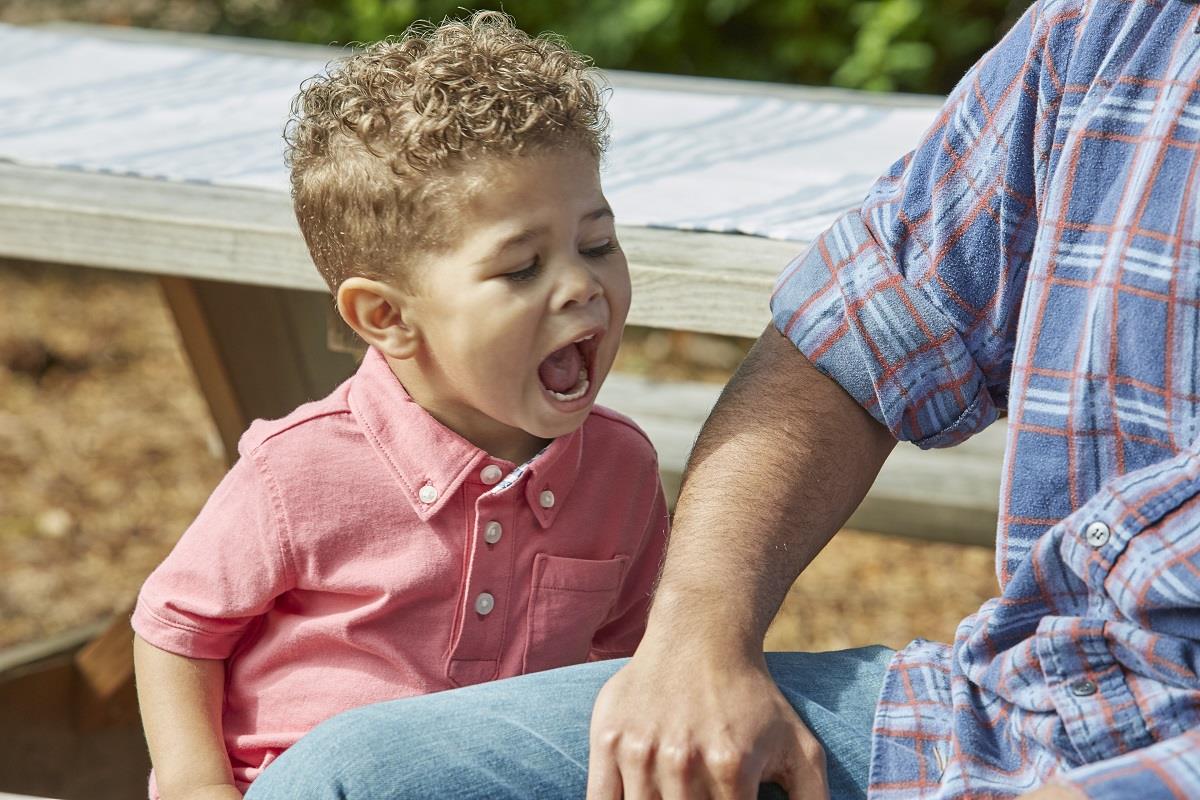Biting by Children
Why do children bite?
There are several reasons why children may bite:
- Exploration and oral development: Young children, especially those under 3 years old, are in the oral stage of development where they explore the world around them by putting things in their mouths. Biting can be a way for them to explore different textures and sensations.
- Teething: When babies are teething, they may bite on objects or people to relieve the discomfort and pressure caused by their emerging teeth.
- Communication and expression: Children who have not yet developed verbal skills may bite to express their needs, emotions, or frustrations, such as when they are hungry, tired, or overwhelmed.
- Attention-seeking behavior: Some children may bite to get a reaction or attention from others, even if it is negative attention.
- Imitation: Children may bite if they observe others (siblings, peers, or adults) biting or exhibiting aggressive behavior.
- Self-defense or asserting independence: Older children may bite as a way to defend themselves or assert their independence, especially if they feel threatened or have their personal space invaded.
- Lack of self-control or impulse control: Young children may have difficulty controlling their impulses and emotions, leading them to bite in moments of frustration or anger.
- Sensory processing issues: Children with sensory processing disorders or autism spectrum disorders may bite due to sensory seeking or as a way to cope with overwhelming sensory stimuli.
It’s important to address biting behavior promptly and consistently, using age-appropriate strategies such as redirecting, providing alternative ways to communicate, teaching coping skills, and reinforcing positive behaviors. In some cases, seeking professional help from a child psychologist or behavior specialist may be necessary to address persistent or severe biting issues.
How do I stop a child from biting?
Stopping a child from biting can be a challenge, but there are several strategies that can be effective:
- Provide alternatives: Teach your child alternative ways to communicate their needs or emotions, such as using words, gestures, or sign language. Provide them with safe objects to bite on, like teething rings or chewy toys.
- Reinforce positive behavior: Praise and reward your child when they use appropriate communication or coping strategies instead of biting. Positive reinforcement helps reinforce desired behaviors.
- Set clear rules: Establish a clear rule that biting is unacceptable and consistently enforce it. Use simple language that your child can understand, such as “No biting. Biting hurts.”
- Provide consequences: If your child bites, provide an immediate and consistent consequence, such as a brief time-out or removal from the situation. Ensure the consequence is age-appropriate and temporary.
- Supervise closely: Monitor your child closely during situations where biting is more likely to occur, such as when they are frustrated, tired, or in crowded environments. Intervene promptly to prevent biting incidents.
- Identify triggers: Observe your child’s behavior and try to identify potential triggers for biting, such as hunger, fatigue, or sensory overload. Address these triggers before they lead to biting incidents.
- Teach coping strategies: Help your child develop coping strategies for managing strong emotions, such as taking deep breaths, counting to ten, or using stress balls or fidget toys.
- Seek professional help: If biting persists despite your efforts, consider seeking guidance from a child psychologist, behavior therapist, or early childhood specialist. They can provide personalized strategies and interventions.
- Be patient and consistent: Changing biting behavior takes time and consistency. Remain calm and persistent in your approach, and celebrate small successes along the way.
Remember, biting is a common behavior in young children, and with patience, guidance, and positive reinforcement, most children will outgrow this phase.




